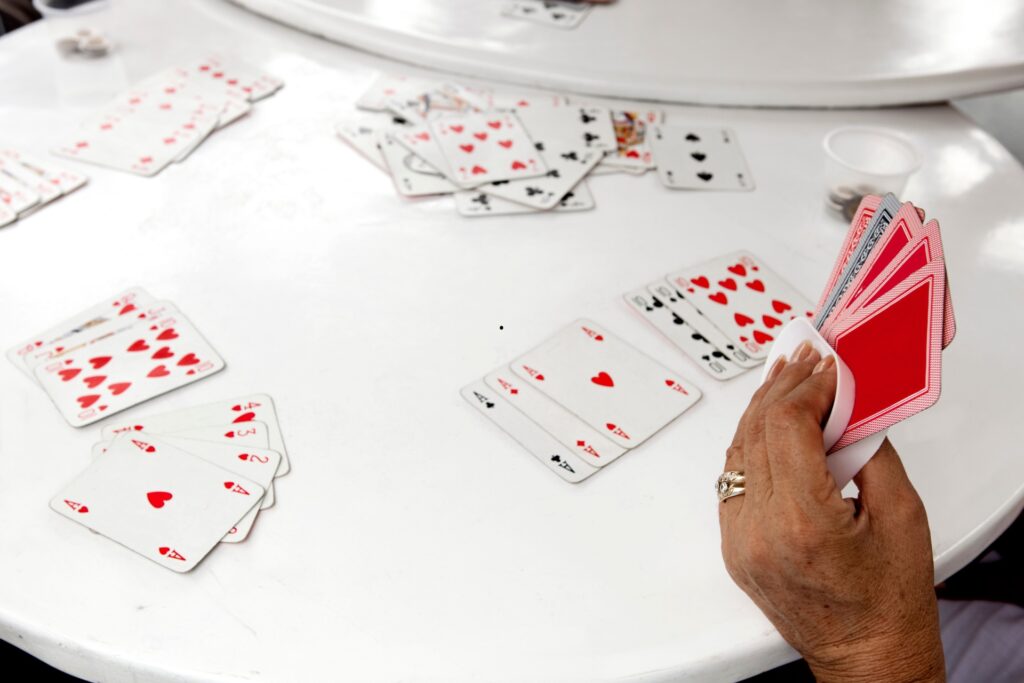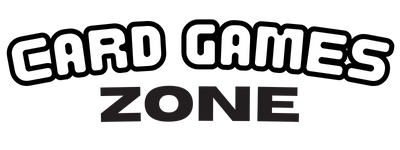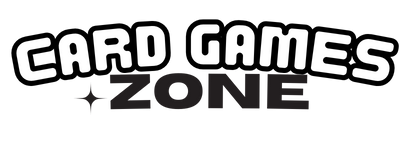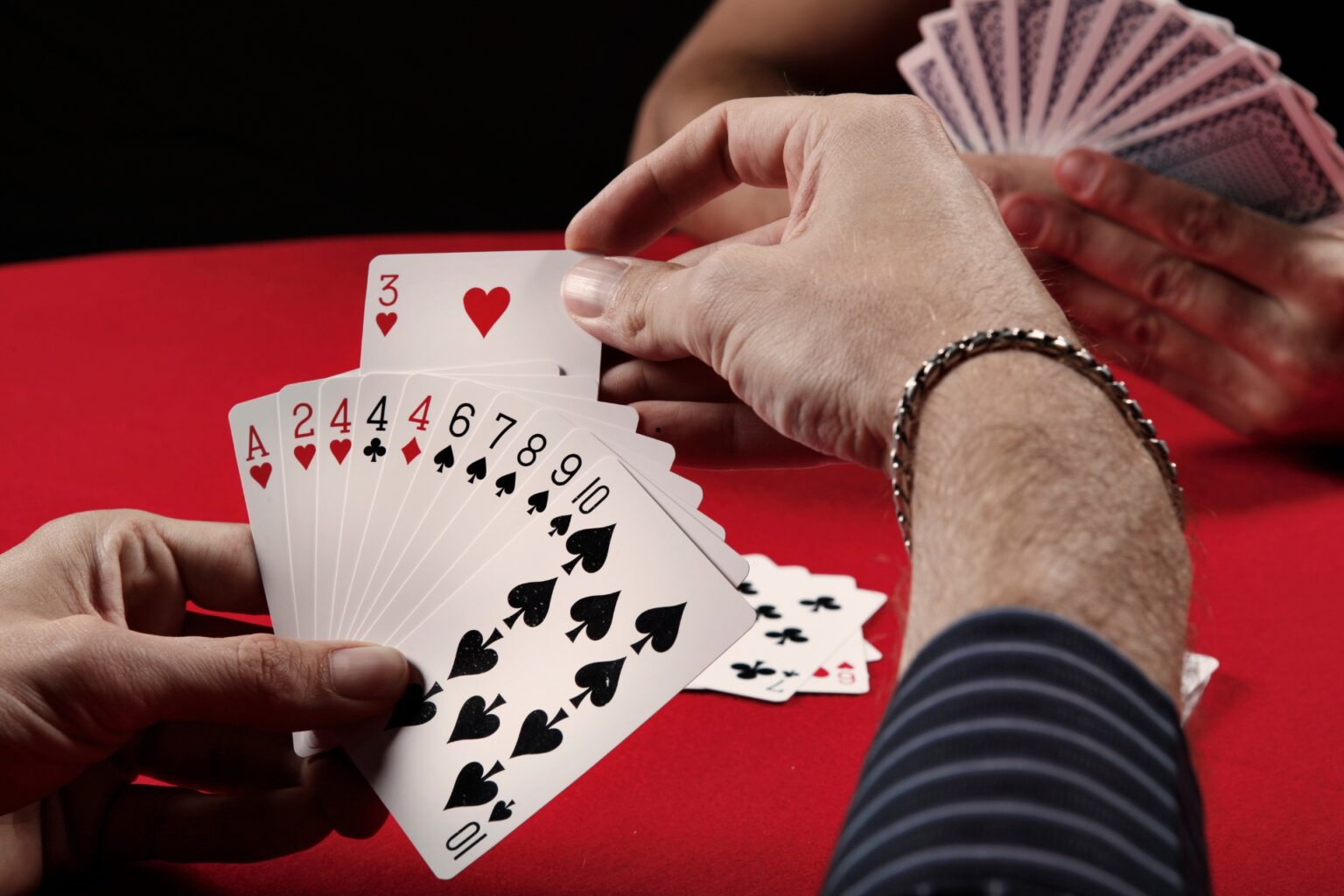Learn how to play Gin Rummy easily with our step-by-step guide. Discover the rules, strategies, and variations for mastering this engaging card game and become an expert!
What You Need
To start playing Gin Rummy, you will need:
- Two players: If more people want to join, consider rotating players or forming teams.
- A standard deck of 52 cards; no jokers are allowed.
- Paper and pencil for scoring.
Who Can Participate
Gin Rummy is an ideal game for anyone who enjoys card games and strategy, and it is suitable for players from ages 10 and up.
Objectives/Goals
The primary objective in Gin Rummy is to form melds (sets and runs) and minimize your unconnected cards, also known as “deadwood.” The game encourages strategic thinking and careful card management.

Step-by-Step Instructions
Setting Up the Game
- Dealing the Cards: Each player is dealt ten cards. The remaining cards form the stockpile, and the top card is turned face-up to start the discard pile.
- First Turn: The non-dealer has the first opportunity to take the upcard. If they decline, the dealer can take it. Play then continues with players drawing from the stockpile or the discard pile.
Playing the Game
- Drawing a Card: On your turn, you must draw one card, either from the stockpile or the discard pile.
- Forming Melds: A meld is either three or more cards of the same rank (e.g., three Kings) or a sequence of three or more cards in the same suit (e.g., 4-5-6 of Hearts).
- Discarding: After drawing and optionally forming melds, you must discard one card face-up to the discard pile.
Ending a Round
The round can end in two ways:
- Going Gin: Arrange all your cards into melds with no remaining deadwood. This scores 25 points plus any unmelded cards from your opponent.
- Knocking: If your deadwood totals 10 points or less, you can “knock”. Both players then reveal their hands and deduct deadwood points. If your deadwood is less than your opponent’s, you score the difference. Otherwise, your opponent scores the difference.
Calculating the Score
Points are calculated based on the value of the deadwood:
- Face cards (K, Q, J) are worth 10 points each.
- Numerical cards are worth their face value.
- Aces are worth 1 point.
Example Calculation If you go gin and your opponent holds 4♠, 4♦, 5♣, and 5♠, their deadwood totals 18 points. Adding the 25 points for going gin, you score 43 points.
Winning the Game
Players can decide the total points required to win the game, typically set at 100, 200, or 250 points.
Try Out Your New Skills Here!
Variations or Alternatives
Several Gin Rummy variants exist, including:
Oklahoma Gin
The value of the first upcard determines the maximum deadwood points for knocking. If it’s a spade, the round value doubles.
Hollywood Gin
Scores are kept in three different columns, which adds an extra layer of complexity as players keep track of multiple scores.
Tips and Strategies
Expert Tips
- Observe the Discards: Pay attention to the cards your opponent picks and discards to anticipate their strategy.
- Minimize Deadwood Early: Focus on reducing deadwood right from the beginning to increase your chances of successful knocking or going gin.
- Bluffing: Sometimes, taking a card that doesn’t fit into your melds can throw off your opponent’s strategy.
Gin Rummy Quiz
1. How many cards does each player receive in Gin Rummy?
2. What is the minimum deadwood points you must have to knock?
3. What is the bonus point awarded for going gin?
4. What is the point value of face cards in Gin Rummy?
5. What happens if you knock and your opponent has fewer deadwood points?
Additional Resources
For more in-depth guides and strategies, visit our Card Games Zone.
External Resources
- Wikipedia: Gin Rummy
- How to Play Gin Rummy
- Gin Rummy Online
- Online Gin Rummy
- Scaarlet's Gin Rummy Rules
Conclusion
Gin Rummy is a fascinating game that combines luck and strategy. By mastering the rules, understanding scoring, and applying strategic tips, you can significantly improve your gameplay. Whether playing classic Gin, Oklahoma Gin, or Hollywood Gin, this guide has equipped you with all the knowledge needed to become proficient. Now, grab a deck of cards and start practicing your skills!





